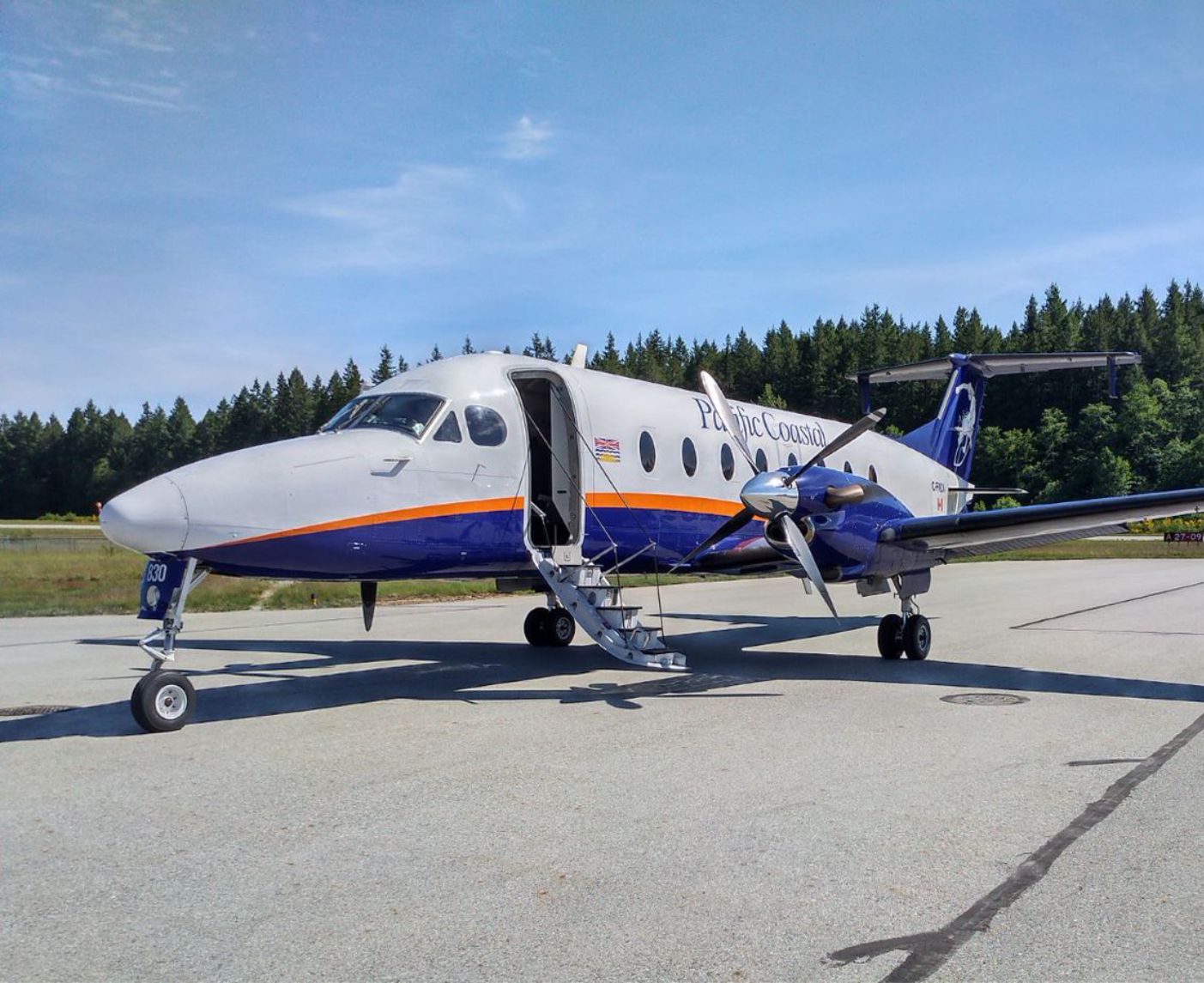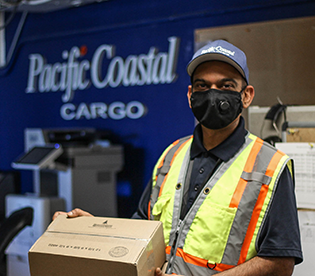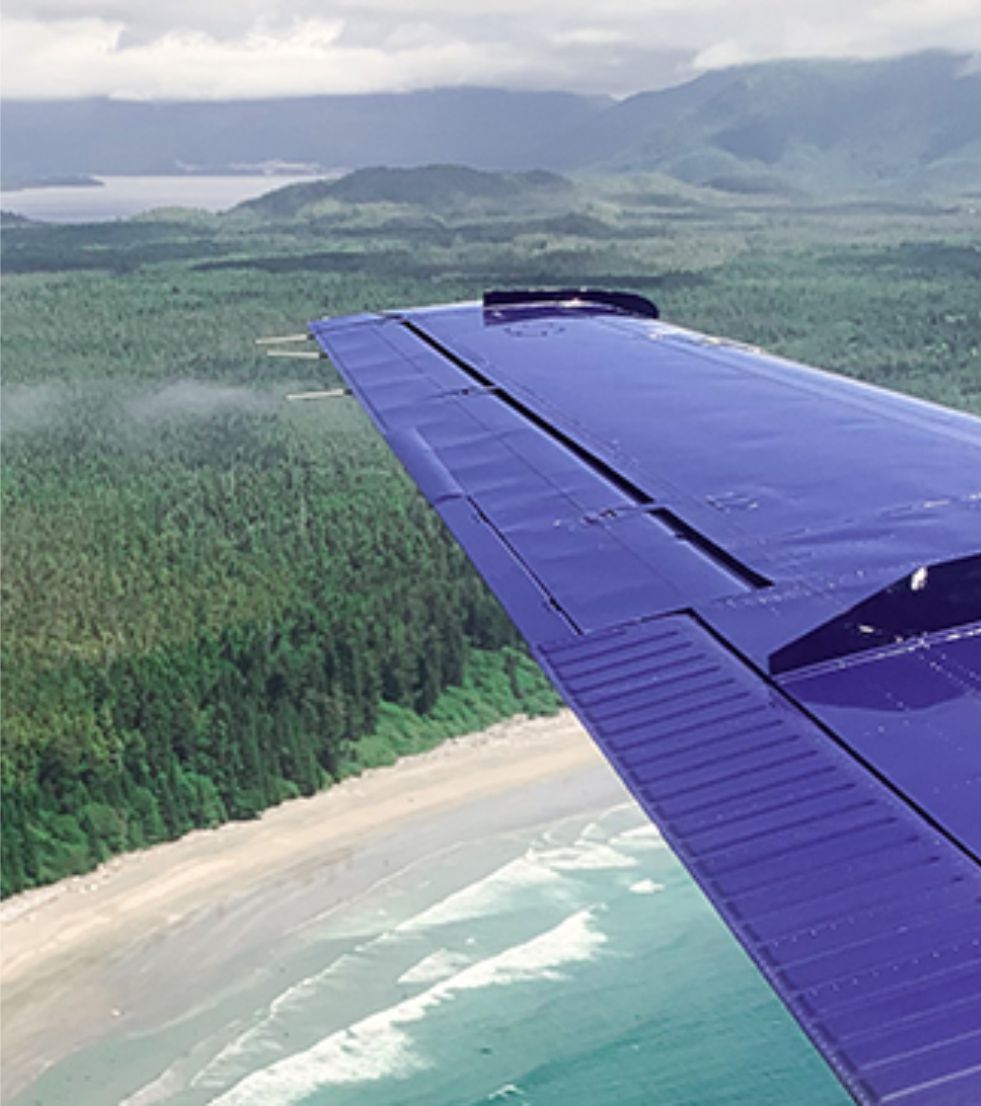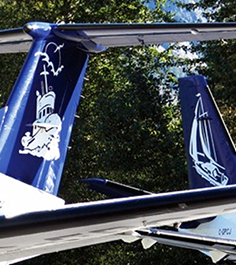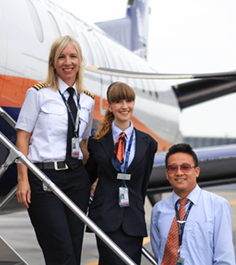While most Canadians are well aware of Special Olympics, the highly respected global organization that promotes sport and healthy activity for children and adults with intellectual disabilities, some may be surprised to learn of the important role that Canadians played in its creation. Back the 1960’s, test results of children with intellectual disabilities revealed that these children were half as fit as their peers without intellectual disabilities, leading experts to conclude that low fitness levels were likely tied to intellectual ability. It was then that a Canadian, Dr. Frank Hayden, a member of the faculty at Western University in London, Ontario, questioned that assumption by launching a research study to measure the impact of physical activity on disabled children. To do so, he designed and built programs for children with intellectual disabilities and began to look for ways to create a national sport program for people with intellectual disabilities. Through rigorous scientific method, Dr. Hayden proved that it was simply a lack of opportunity to participate, not lack of ability, that prevented children with IDs from fully participating in play and recreation. His work soon attracted the attention of Eunice Kennedy Shriver, the Patron of the Kennedy Foundation, and inspired the first international Special Olympics Summer Games in Chicago in 1968.
With Canada’s participation at that event assured, Dr. Hayden was able to recruit Harry “Red” Foster, a well-respected Canadian broadcaster, humanitarian, and businessman to the cause and soon after, Mr. Foster began driving the Special Olympics movement in Canada. One year later, in 1969, the first Canadian Special Olympics event was hosted in Toronto. From these Canadian roots, Special Olympics has grown considerably and is now the largest sports organization for children and adults with intellectual disabilities. The Special Olympics movement provides coaching, training, youth and health programs, and competitions for more than five million athletes and Unified Sports partners in one hundred and seventy two countries, including 4,800 athletes with intellectual disabilities of all ages in 55 communities here in B.C. Today, there are twelve Special Olympics chapters in Canada representing ten provinces and two territories, and more than one hundred athletes will represent Canada at the 2019 Special Olympics World Sumer Games March 14 to 21 in Abu Dhabi, United Arab Emirates. In June 2018, Special Olympics reached its fiftieth year and with that, it has been reaching out to communities and stakeholders to thank them for the support they have received over the years.
Special Olympics British Columbia (SOBC) is one of the most dynamic and well-respected chapters in the country and its importance to people and communities in the Province was front of mind twenty years ago, when Pacific Coastal President Quentin Smith reached out to SOBC to ask how he could help. Since that time, the relationship between the two organizations has become close and the airline provides flights for coaches, athletes, and officials, and helps with ongoing fundraising efforts throughout the year. Over the past twenty years Pacific Coastal Airlines is proud to have received several awards of recognition for its support of Special Olympics British Columbia including the Queen Elizabeth II Diamond Jubilee Medal (2012). Most recently, the airline was inducted into the Special Olympics BC Hall of Fame on January 24, 2019 and, in his speech bestowing the award to Pacific Coastal Airlines, Special Olympics British Columbia President Dan Howe said, “It is with great honour and pleasure that I announce today that Pacific Coastal Airlines has been inducted into the Special Olympics BC Hall of Fame. This is in recognition of the immense impact you have had on enhancing the lives of individuals through sport. We couldn’t be prouder to count you as our friend. We hope that all those associated with Pacific Coastal Airlines take great pride in the message you send and the support you give by supporting Special Olympics.”
For information about how to volunteer or make a donation, please visit Special Olympics British Columbia.
![]()
Story by Kevin Boothroyd.
Photos, left to right…
Image 1: Dan Howe (second from left), President & CEO of SOBC; Quentin Smith (third from left) President, Pacific Coastal Airlines. Photo credit: Jodie Sanheim
Image 2: Frank Hayden and children from the 1960s (predating Special Olympics BC)
Images 3 & 4: From recent SOBC events.
Images 2 to 4 provided by SOBC.
Image 5: Dan Howe & Quentin Smith


